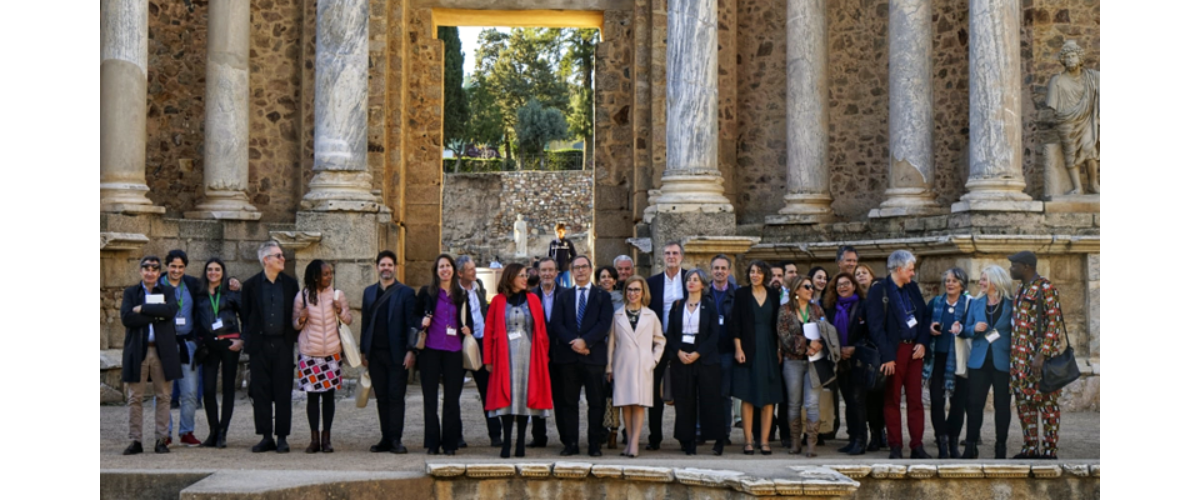Extremadura emphasize on the importance of territorial balance and rural development

Mérida, Extremadura, Spain, hosted an international experts meeting entitled "Restoring territorial balance by strengthening urban-rural linkages". Organised by UN Habitat and the Regional Government of Extremadura, the event aimed to explore concrete ways and solutions to rebalance the territory. Thus, with the presence of 60 representatives from 37 nationalities and 45 institutions from all over the world, the meeting addressed one of the main issues on the public agenda: the depopulation of rural environments that directly affects global sustainability and the need to promote balance between urban and rural environments.
At the opening ceremony of the event, the president of the Junta, Guillermo Fernández Vara, called for a decisive policy to protect the rural world. “The abandonment of rural areas," he said, "could have fatal consequences for two fundamental factors for the future: food production and fire prevention. We do not want areas affected by desertification, desiccation and all that this entails". In this sense, he pointed out the paradox that "the younger generations migrate from rural to urban areas in search of better quality employment and leisure, as opposed to more mature people, who leave urban areas to go to rural areas".
The meeting concluded with the approval of the Merida Declaration, in which participants encouraged the search for solutions for territories, pointing to the complementarity between urban and rural areas, noting the need for political determination and investment in territorial development. It also states that, to achieve a new urban-rural balance, actors and sectors must work together to create functional, vibrant, thriving and resilient territories that leave no one, and nowhere, behind.
With regard to rural-urban linkages, the Declaration of Merit is intended to contribute to the debates that will take place at the Second General Assembly of UN-Habitat, to be held in Nairobi, Kenya, from 5 to 9 June.
The participants in the meeting acknowledged Extremadura for the important effort made for rural development. It was particularly appreciated that the regional government has involved a variety of actors (including civil society, rural leaders and young people) in its work. Some actions were also highlighted, such as all the work done in areas such as architecture, farmers/livestock cooperatives, connectivity or mobility.
The Junta de Extremadura and UN-Habitat took advantage of the meeting to sign an agreement highlighting the role of the rural environment in global sustainability.








































































